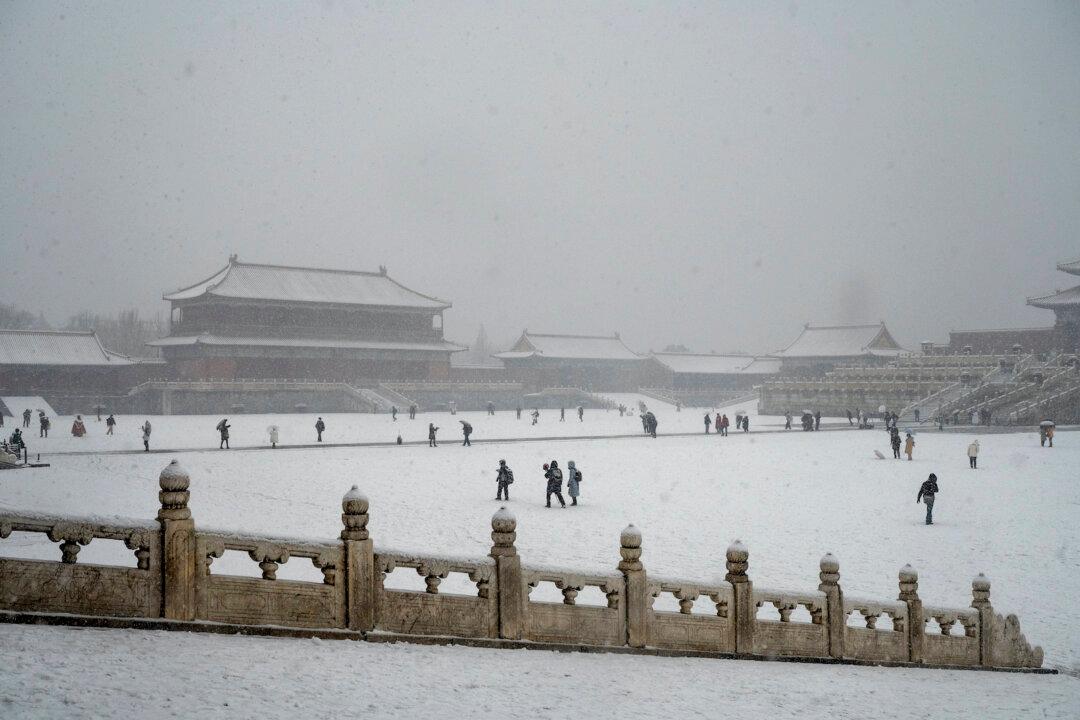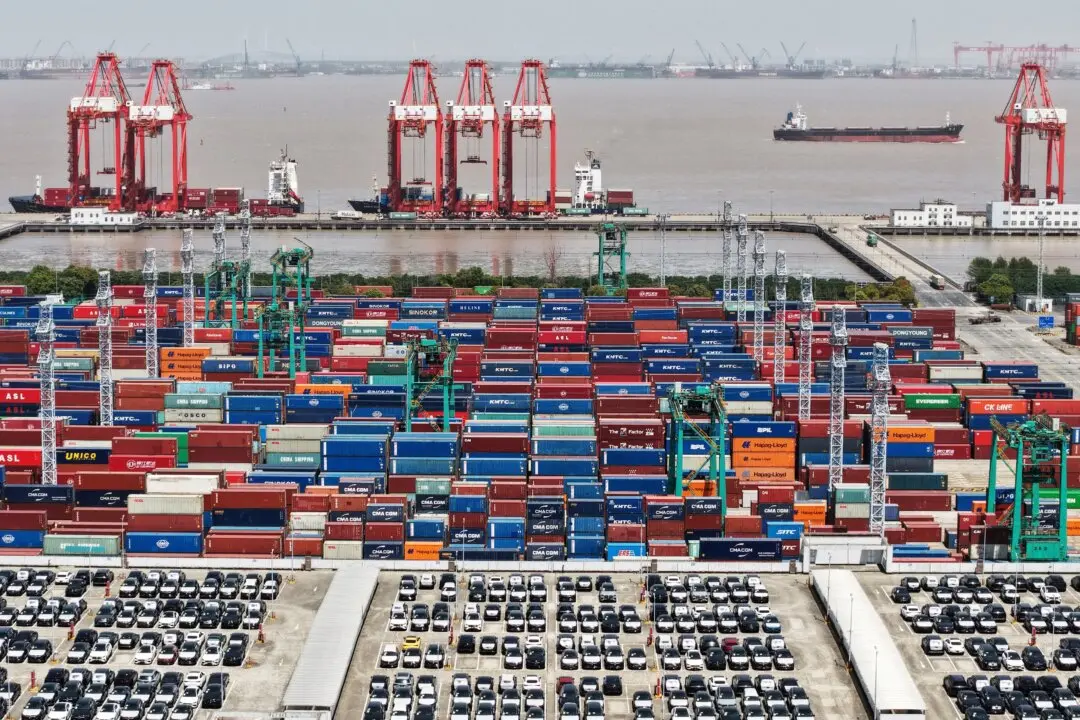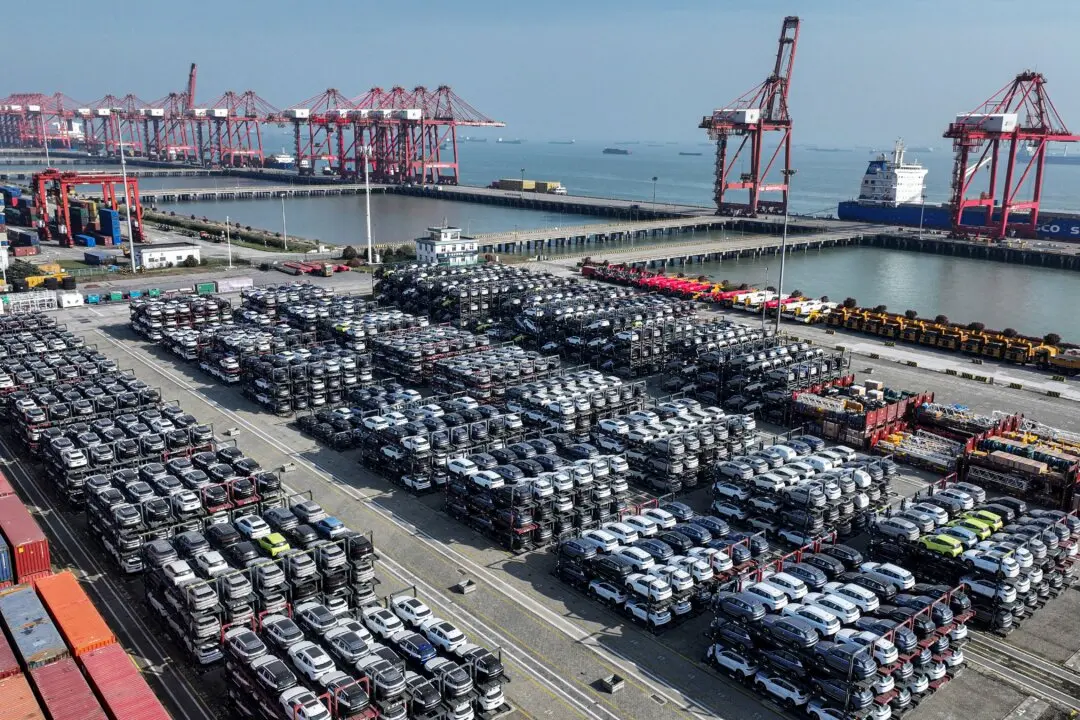Commentary
Authorities in Beijing seem eager to signal a change in policy. They want, or so the signals imply, to take reform beyond the abandonment of zero-COVID, jumpstart China’s still-stalled economy, and also improve strained diplomatic relations with the West.





